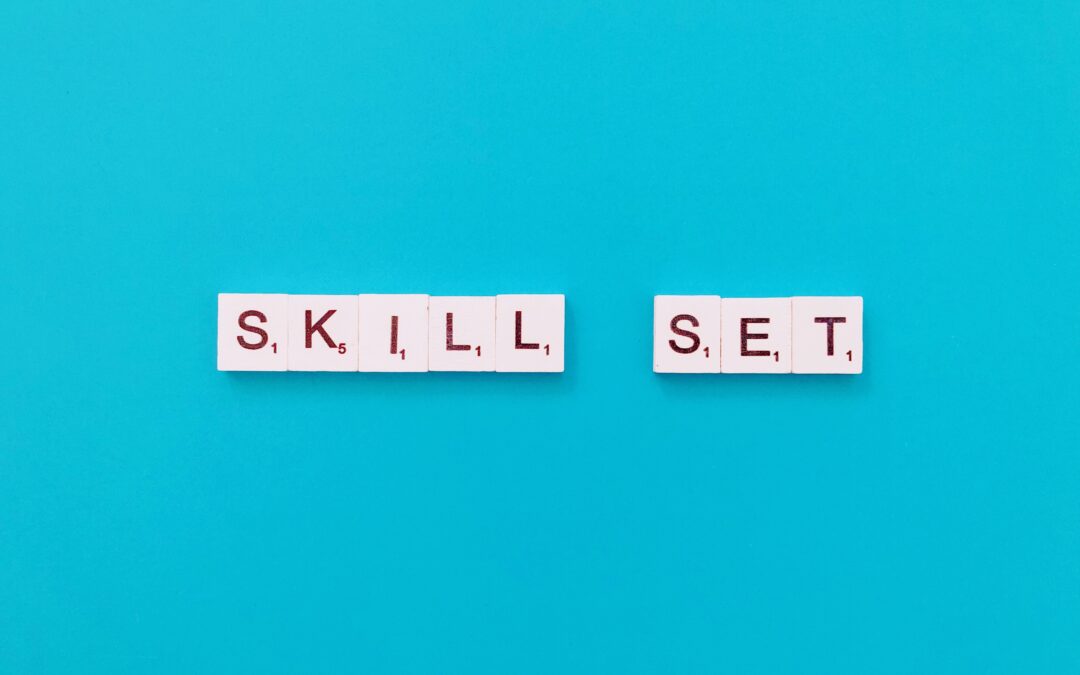How to Identify and Showcase Your Soft Skills to Advance Your Career
Technical skills may open the door to an interview, but soft skills often determine whether you’ll get the job, and how far you’ll go once you’re in the role. In today’s workplace, employers are looking for team members who can adapt to change, navigate challenges, and collaborate effectively.
At reStart, we know that building and communicating your soft skills is just as important as updating your resume or preparing for an interview. Whether you’re aiming for a promotion, changing industries, or just starting out, understanding and showcasing your soft skills can make all the difference.
Here’s how to identify your most valuable soft skills and present them in a way that resonates with employers.
Top Soft Skills Employers Value
While every job requires a different mix of skills, certain soft skills consistently rank high across industries. According to surveys from LinkedIn and the National Association of Colleges and Employers (NACE), some of the most sought-after include:
-
Communication – The ability to clearly convey ideas and actively listen to others.
-
Teamwork – Collaborating effectively and supporting colleagues to reach common goals.
-
Adaptability – Staying flexible in the face of change and quickly learning new processes or tools.
-
Time Management – Prioritizing tasks, meeting deadlines, and balancing multiple responsibilities.
-
Empathy – Understanding and responding to the needs and feelings of others.
-
Problem-Solving – Thinking critically and creatively to overcome challenges.
Think back on your career. When have you demonstrated these skills in action? Which ones do you rely on most often, and which have you developed through experience?
Weave Soft Skills Into Your Resume
One of the most common mistakes job seekers make is listing soft skills in a separate section of their resume without context. Employers don’t just want to see the words “team player”; they want proof.
Instead of isolating soft skills in a bullet-point list, integrate them into your accomplishments. For example:
-
Leadership & Collaboration: “Led a cross-functional team of six to deliver a product launch three weeks ahead of schedule.”
-
Problem-Solving & Adaptability: “Redesigned a client onboarding process in response to market changes, reducing turnaround time by 20%.”
-
Communication & Time Management: “Coordinated monthly reporting across five departments, ensuring accuracy and timely delivery.”
If you’re unsure how to structure these statements, the reStart AI Resume Builder can help you craft results-driven descriptions that highlight both your hard and soft skills.
Demonstrate Soft Skills in Interviews
Once you’ve landed the interview, your soft skills become even more important. Many hiring managers use behavioral interview techniques to assess how you’ve handled real-world situations in the past.
For example, you might be asked:
-
“Tell me about a time you had to work with a difficult team member.”
-
“Describe a situation where you had to quickly adjust to a major change.”
-
“Give me an example of a time you solved a complex problem.”
Use the STAR method (Situation, Task, Action, Result) to answer these questions. This structure helps you stay focused and shows the employer how your actions led to positive outcomes.
Example:
Situation: “In my previous role, a key supplier backed out two weeks before a major deadline.”
Task: “I needed to find a solution to keep the project on track.”
Action: “I coordinated with the procurement team, sourced a new supplier, and negotiated expedited shipping.”
Result: “We met the deadline and maintained client satisfaction.”
This response highlights problem-solving, communication, and adaptability all in one story.
Ask for Feedback
Sometimes, others can identify your strengths more clearly than you can. Colleagues, managers, mentors, or even friends can offer valuable insights into how you come across in professional settings.
Consider asking:
-
“When you think of my strengths, what comes to mind first?”
-
“In what situations have you seen me at my best?”
-
“What skills do you think make me most effective in my role?”
This feedback can help you better understand how others perceive your abilities and give you concrete examples to use in interviews and applications. It’s also a great way to spot skills you may take for granted.
Don’t Underestimate the Power of Soft Skills
While hard skills and technical knowledge are critical, soft skills often determine whether you’re able to succeed long-term. They foster better relationships, improve communication, and help teams work more effectively together. In fact, studies show that employees with strong soft skills are more likely to advance into leadership positions (Harvard Business Review).
If you’re looking to stand out in your job search or career growth, take time to intentionally identify, develop, and showcase your soft skills. Pairing them with measurable achievements will make your profile far more compelling to employers.
Bringing It All Together
Your soft skills are part of your professional brand. They influence how others perceive you, how effectively you work with others, and how you navigate challenges. When you can articulate them clearly and back them up with real-world examples, you position yourself as a high-value candidate in any industry.
If you’re ready to refine your resume, improve your interview presence, and highlight your unique combination of hard and soft skills, explore our career coaching services. We’ll help you create a strategy that not only showcases your technical expertise but also emphasizes the human qualities employers are seeking.

